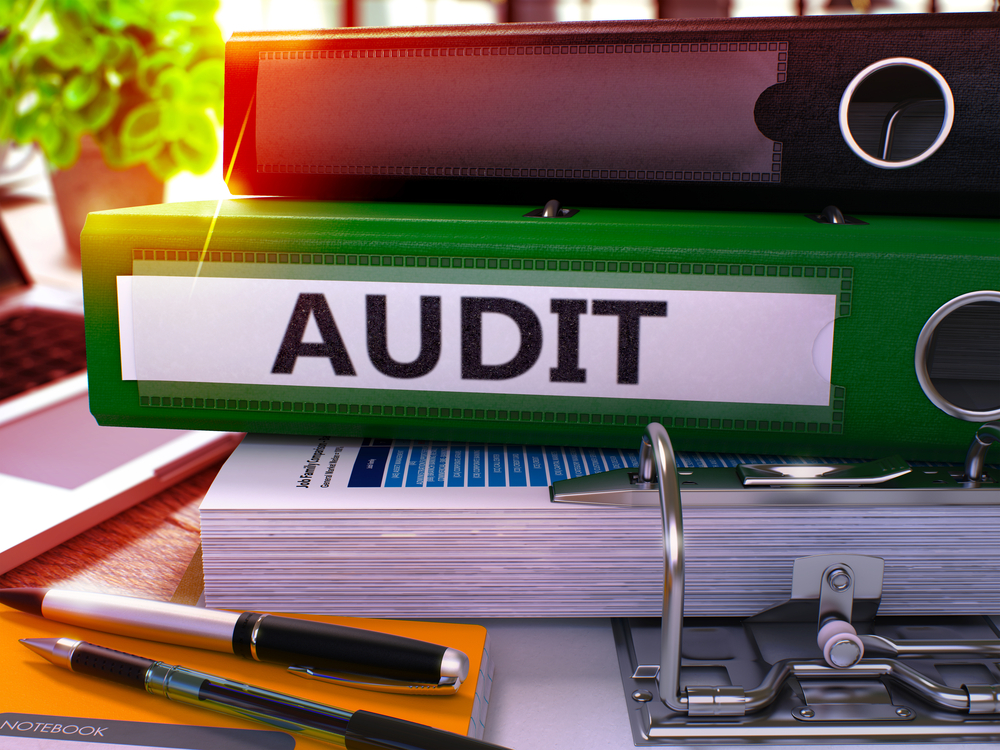Meeting Financial Reporting Compliance for UK AIM Listed Companies

The Alternative Investment Market (AIM), a sub-market of the London Stock Exchange, houses a host of small and medium-sized growth companies from various sectors. Being a listed company on AIM comes with its own set of responsibilities, primarily financial reporting compliance. This blog post aims to help those companies navigate their way to ensure they are in line with necessary regulations.
The financial reporting obligation is a critical aspect of being an AIM-listed company. It ensures transparency and accountability to shareholders, potential investors, and regulatory authorities. The UK law mandates these businesses to prepare and present annual audited financial statements, interim half-yearly reports, and regulatory news releases.
Let's take a look at the key areas AIM-listed companies should focus on to meet the financial reporting compliance:
1. **Annual Financial Statements**: These statements must be prepared in accordance with International Financial Reporting Standards (IFRS). They are generally audited by an independent auditor and must be published within six months of the company's financial year-end. The annual financial report includes a balance sheet, income statement, cash flow statement, and statement of changes in equity.
2. **Interim Financial Reports**: AIM-listed companies must prepare and present an interim financial report for the first six months of the financial year. This report should be prepared in accordance with IAS 34 'Interim Financial Reporting' and must be announced within three months of the period end.
3. **Regulatory News Releases**: Any price-sensitive information, including financial updates or changes in company operations, must be promptly disclosed to the market. This is to ensure that all market participants have equal access to the company's information.
4. **Audit Committee**: AIM-listed companies are recommended to establish an audit committee. This committee is responsible for overseeing the financial reporting process, selecting the independent auditor, and receiving audit results both internal and external.
5. **Code of Corporate Governance**: AIM companies are required to apply a recognised corporate governance code and explain how they comply with it. This includes providing information on the company's board of directors, risk management and internal control systems.
To ensure compliance, companies should regularly review their financial reporting processes and controls. They should also stay updated with any changes in financial reporting standards and AIM rules for companies.
Remember, maintaining financial reporting compliance is not just a legal obligation, but a commitment to your shareholders and potential investors. It provides them with the necessary information to make informed decisions, and it demonstrates your company's commitment to good corporate governance.
In conclusion, financial reporting compliance for AIM listed companies might seem like a daunting task, but with clear understanding, careful planning, and robust systems in place, the process becomes manageable.



